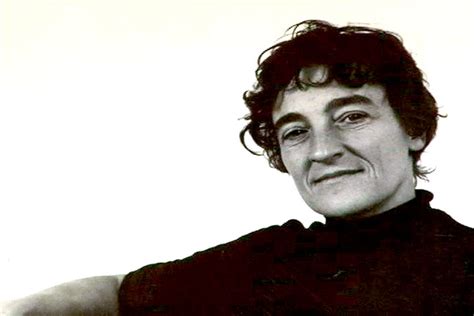A Quote by Sol LeWitt
In conceptual art the idea or concept is the most important aspect of the work
Quote Topics
Related Quotes
Perhaps it is even a good idea to stir up a rivalry between conceptual and imaginative activity. In any case, one will encounter nothing but disappointments if he intends to make them cooperate. The image can not provide matter for a concept. By giving stability to the image, the concept would stifle its life.



































